

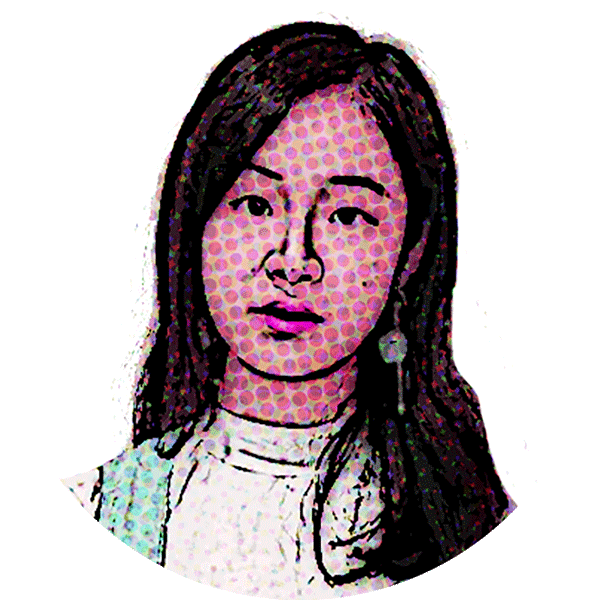
ZHANG Yujia Sophie is a PhD candidate in School of Creative Media, City University of Hong Kong. Her current research interests focus on building public self within the art world, and she is also involved with social media studies, image analysis, facial expression detections and emotion studies. Contributing to her research, Zhang does art practices on relative topics.
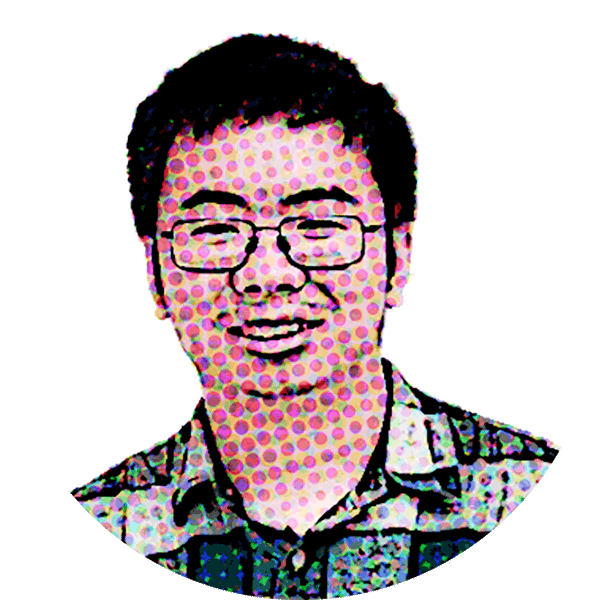
WAN Hu is a Ph.D. candidate in the Department of Computer Science at City University of Hong Kong. His current research interests include algorithmic and generative image synthesis, high-level facial expression/emotion analysis and synthesis. His works explore the intersection between media art and new technologies, including social network, machine learning, and personalized recommender system.
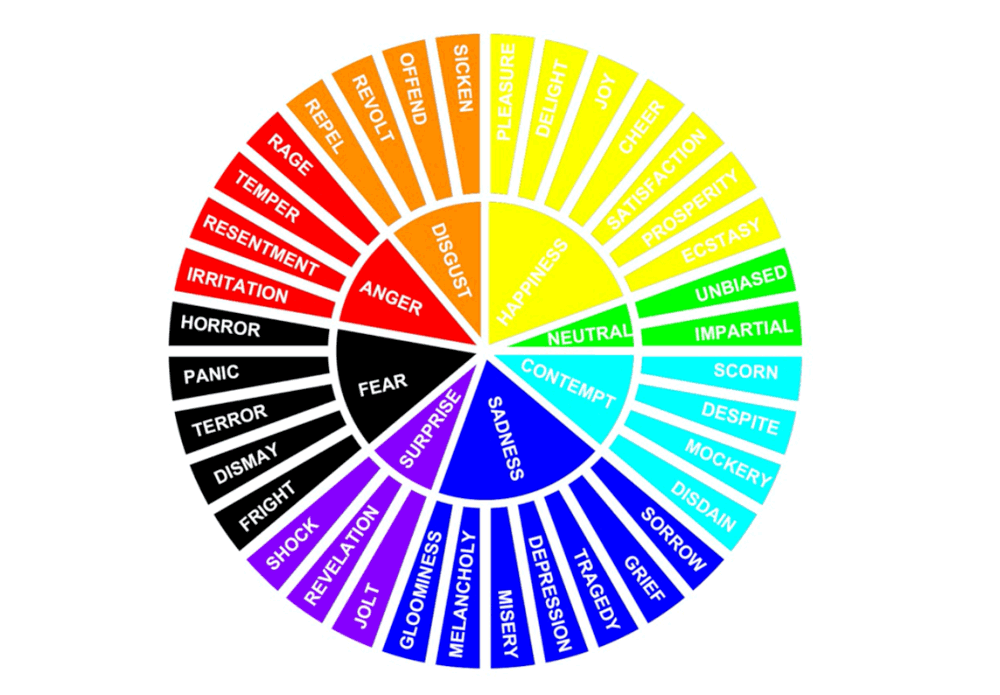
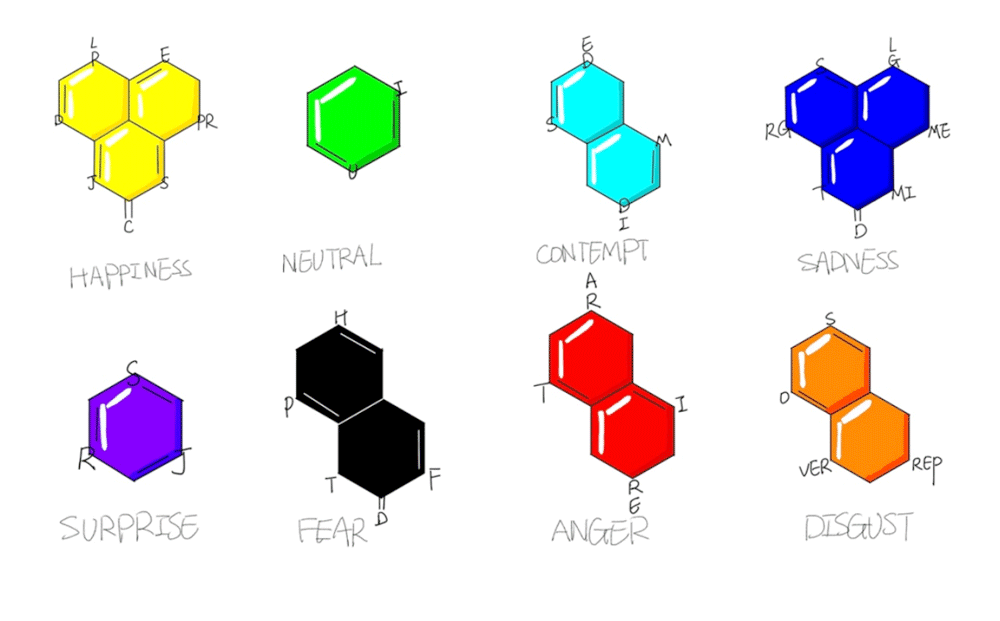
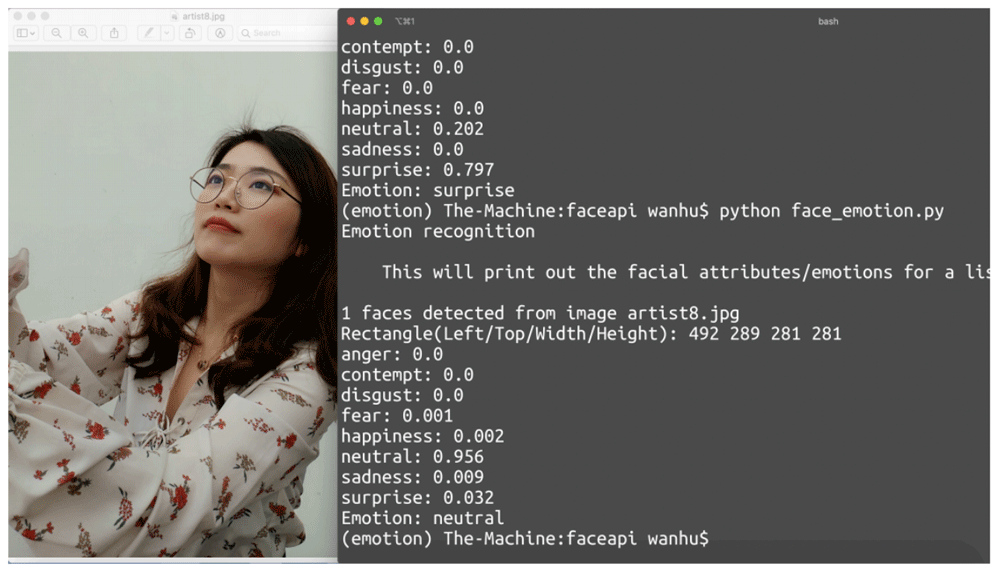
Dream of Happiness
Apart from convenience, what advancement in digital technology has brought us is a set of standards
in life. Take moods for example, only happiness is considered as the ultimate goal to achieve, while
other feelings are inefficient or useless. However, since when should we be so dependent on the
technology to tell us what is good and what is not? If we can no longer take charge of our own
emotions, what can we really take charge of?
Our artwork “Dream of Happiness” features this standardized dream that digital technology has
enforced on our emotions. It starts from a picture being taken. While waiting for the analyzed result
of the facial expression’s detailed components, an animation symbolizing the standardization
process is being played. We can see how eight basic emotions, happiness, sadness, anger, contempt,
surprise, neutral, disgust, and fear, come into being, as in well-designed shapes mimicking the DNA.
Before that, an emotional wheel is designed and calculated by counting words that belongs to the
category. And according to the emotional wheel, the atoms are first one or two alphabets of the
words, forming hexagon rings. Last but not least, we can witness the process of happiness eats all
the other emotions. After waking up from the dream, the real analyzing result is presented.
If we force ourselves to wake up from the standardized dream created by digital technology, what
should we finally believe? What should we do? Where should we go? Technology has been so
incorporated into our lives that we have to consider how to live without it.